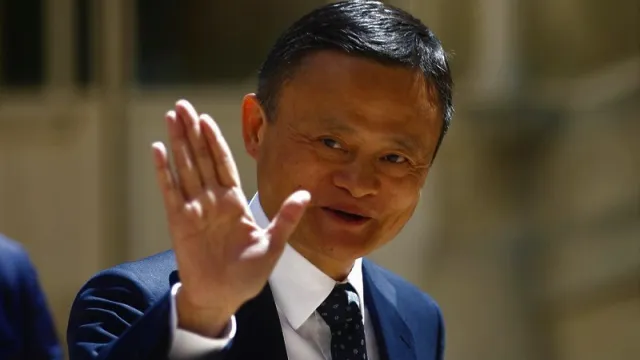Billionaires or Bonga points, who will help in the times of COVID-19?

Billionaires or Bonga points, who will help in the times of COVID-19?
All over the world, there is a rallying cry for billionaires to write dummy checks to the government, ship in ventilators, test kits and face masks and give back to the community which has been overwhelmed by a rampaging virus.
But as we wait for billionaires, what can we do as ordinary individuals in our local community to alleviate the suffering of the most vulnerable.
Kenya’s dependency ratio stands at 80.9 percent where four in every five Kenyans are in the non-working age group.
This had essentially created a system where one income would be split and sent to the many dependents, sustaining the economy and allowing the most vulnerable citizens to make ends meet.
But with the directive to stay at home, closure of businesses and widespread job losses, those who had depended on these safety nets have been left exposed.
Read also:
Safaricom’s Bonga For Good initiative gives ordinary Kenyans a good opportunity to turn the tide using the same dependency channels that have kept the Kenyan society abreast.
The service that allows customers to redeem 1 Bonga Point for 30 cents, a 50 percent increase from the previous 20 cents per point, at over 140,000 Lipa Na M-Pesa merchants countrywide for the next 30 days is a godsend.
If ordinary Kenyans can walk to any shop that has Lipa Na M-Pesa and use their Bonga points to get crucial supplies, then even without money we can still Sambaza Bonga points to our dependents in the villages and towns to help them weather the coronavirus storm.
Just as we used to send Bongs points to pool and help a relative buy a phone, with a little empathy we can turn this into the most targeted and elaborate way of reaching those who badly need our help.
While there are infinite options to offer personal help through charity, religious institutions the government fund, etc. The crucial question for those with money is how they reach the most affected and have the most impact.
Chinese business magnate Jack Ma has so far donated 500 ventilators, 200,000 suits and face shields, 2,000 thermometers, one million swabs, extraction kits, and 500,000 gloves.
Zimbabwe’s Strive Masiyiwa chose to pay health workers between $200 to $400 for six months to end a strike that threatened to cripple the country’s healthcare sector.
Bill Gates who has committed about Sh10.6 billion ($100 million) to help global detection, isolation and treatment of the disease said even where governments come up with a lot of money, they don’t know where to direct it and cannot move it quickly enough.
The Kenyan government which is coordinating resilience and recovery efforts is struggling to distribute limited resources and can only offer tax cuts which will benefit few formal workers or enhance payments to the old and vulnerable which is still a small pool of the population.



